Tariffs Beautiful Tariffs
Reasonable tariffs, Jacksonian defense policy, and immigration control set stage for peace and prosperity after turbulence.
President Donald Trump and George Washington have one thing in common. They’re both very tall. Well, two things: they both know that tariffs are good for the United States. In enacting higher general tariffs later today, Trump is taking a big step to restore what made America great, prosperous, and self-reliant.
Trump is channeling our Founding Fathers. Congress actually did useful things in the past, and the first significant piece of legislation passed by the first U.S. Congress and signed by Washington was the Tariff Act of 1789. The act, passed on July 4, 1789 and followed by two other pieces of tariff legislation that month, were meant to create an environment where American industry could grow, and to provide revenue for the new federal government. They did both. Our trade with the world prospered as well.
Throughout the 1800s, American industry grew first to rival and then surpass the competition in Europe. By 1890, the United States had overtaken the British Empire as the world’s most productive economy. We had a trade policy that put America first and made America first.
Trade policy began to change in the 20th century. President Woodrow Wilson, an internationalist Democrat, raised income taxes, cut tariffs, and got us into World War I. He was unpopular enough to be succeeded by three presidents of the opposing party.
Globalists today like to blame part of the 1930s Great Depression on tariffs, especially high duties enacted by the Smoot-Hawley Tariff Act in 1930. Their argument is a truism that just isn’t true. Trade was a minor part of that series of economic contractions, which conservative economists like Milton Friedman have demonstrated clearly resulted from repeated mistakes by the Federal Reserve and other actions that contracted the money supply precisely when it should have been expanded. (Critics will retort that Friedman was an advocate of free trade but Trump has demonstrated convincingly that we have not had free trade—see below.)
Better data points come from the “roaring” 1920s—a time of peace and prosperity when America kept out of Europe’s problems, enacted the National Origins Act of 1924 to restrict immigration after a previous deluge, and had tariffs restored to the norm of U.S. history after Wilson’s low-tariff folly.

After World War II, the United States let the free nations of Western Europe have higher tariffs on it than America had on them because the United States wanted their economies to recover and outshine communism. Fair enough, but today Europe is rich, and yet the unfair tariffs and other barriers to trade continue. Canada, China, and Mexico also do not need any more American charity.
In 1970, the average tariff rate on dutiable goods imported to the USA dropped below 10 percent for the first time. It’s no coincidence that American manufacturing also began a decline then. Few years have passed since then without trade deficits and federal budget deficits.
Matters got much worse after the Cold War ended. Trade deals like NAFTA and the arrangements that eventually led to the World Trade Organization incentivized our companies to move manufacturing out of America. We also ignored unfair practices in Europe that hurt American farmers and car manufacturers, and non-tariff barriers to trade that made it difficult for American companies to sell in some countries. Taiwan stole U.S. semiconductor technology.
Then came the worst development of all. In 2000, Congress gave communist China permanent most-favored nation trading status. Then-Senator Joe Biden said in a congressional hearing at the time:
Granting permanent normal trade relations to China is all about opening their markets to U.S. goods and investment from my perspective. And trade concessions are all one-way in this deal… getting China into the World Trade Organization, a rules-based organization, will subject China to multilateral pressures on trade and, over time, enhance their respect for the rule of law, or they will not be in.
As he was so often during his life, Biden was wrong. The opposite of what he said was what happened.
China did not trade fairly and the World Trade Organization has been its accomplice, not a reformatory. Our financial elite exported American manufacturing and jobs to China, where workers were paid very little, no one cared about intellectual property, and environmental regulations were a joke. A similar patter occurred with Canada and Mexico.
For example, as a result of these bad assumptions and policies, America is dependent on China, its foremost adversary in the world, for an enormous amount of what Americans consume, including critical items like rare earth minerals and pharmaceutical ingredients. American cities and towns that depended on manufacturing were decimated. Despair contributed to record suicide. Our economy became unsustainably focused on finance and consumption.
Not every American is cut out to be an investment banker or a real estate agent or a software programmer. Americans need to make things in this country to have a balanced economy and secure nation. The U.S. government needs to reform trade, raise tariffs to their traditional level, decouple from China, withdrawal from the World Trade Organization, and end loopholes that allow goods made in places like China, Canada, Mexico, and Vietnam to be considered made-in-the-USA just because they have a fraction of inputs from here. As Trump trade advisor Peter Navarro recently explained on Fox News about our trade adversaries and Trump’s intentions, “…they’re turning this country form a manufacturing nation to an assembly nation… We’re trying to get back our manufacturing capability.”
Hopefully today is just the beginning of a national power realignment under Trump that includes sustained higher tariffs—not just ones to achieve a quick deal. Control of illegal immigration should be followed by reduced immigration overall until American culture can absorb the recent wave of immigrants—the United States now has the largest percentage of foreign born residents since 1890, and contrary to what the thought police say, diversity is not our strength. Trump and his national security team have signaled an end to the establishment’s de facto Europe-first foreign policy.
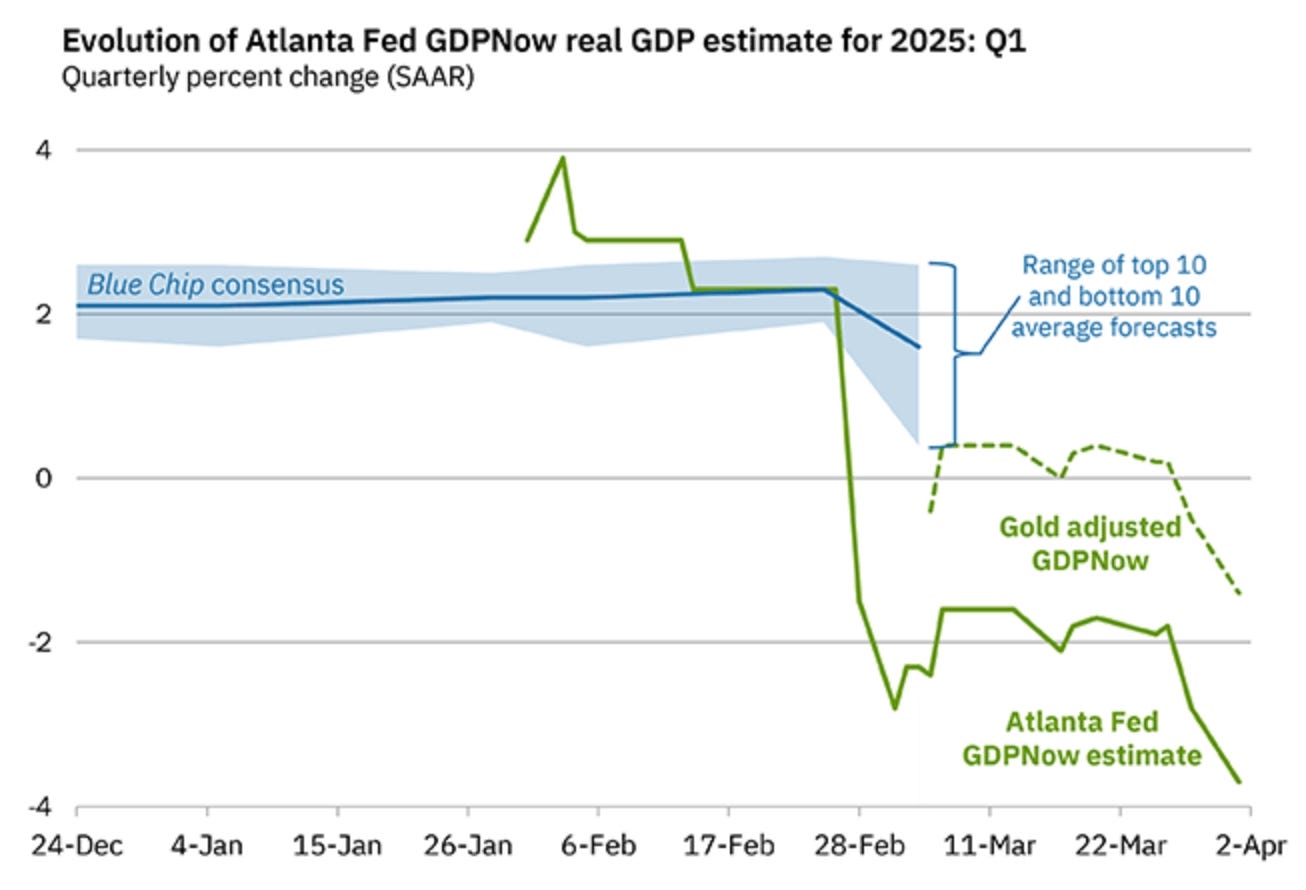
Let’s hope these budding changes have staying power. The first quarter that just ended on March 31 will likely be the first signal of recession when it is reported on April 30. This will mark the end of Biden-era mismanagement that goosed the economy with $2 trillion in annual deficit spending on big government, and the beginning of a renewed economy based more on the private sector making things. When combined with restricted immigration, restoration of American color-blind meritocracy, and a more insular foreign policy focused on real threats and opportunities rather than globalists passions, the turbulent transition can lead to sustained greatness.


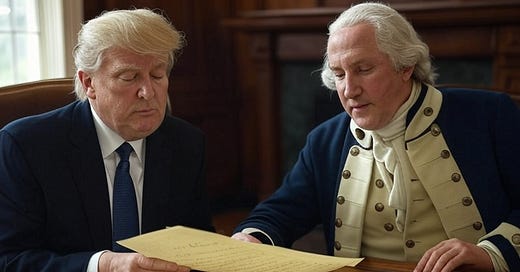



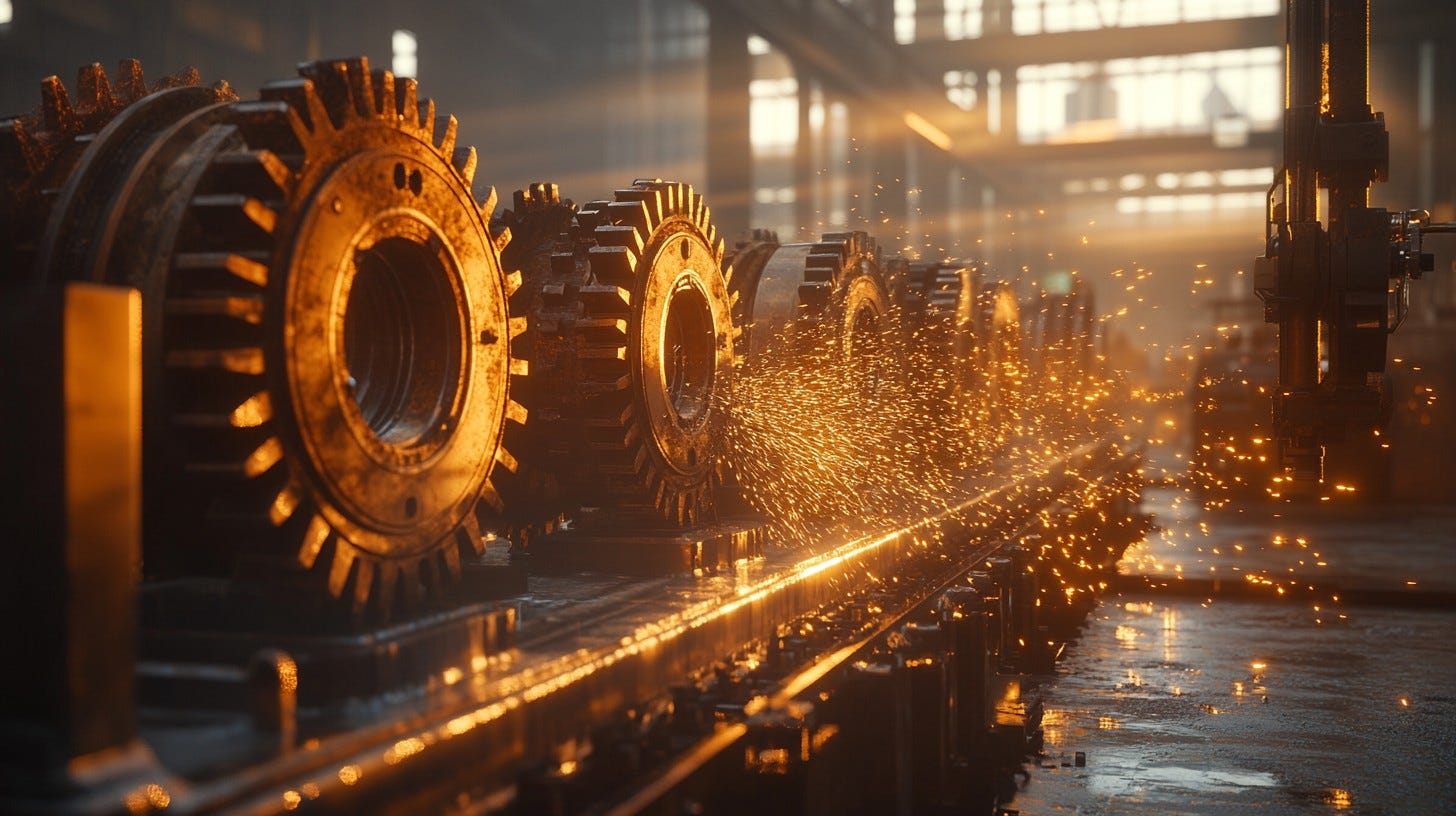
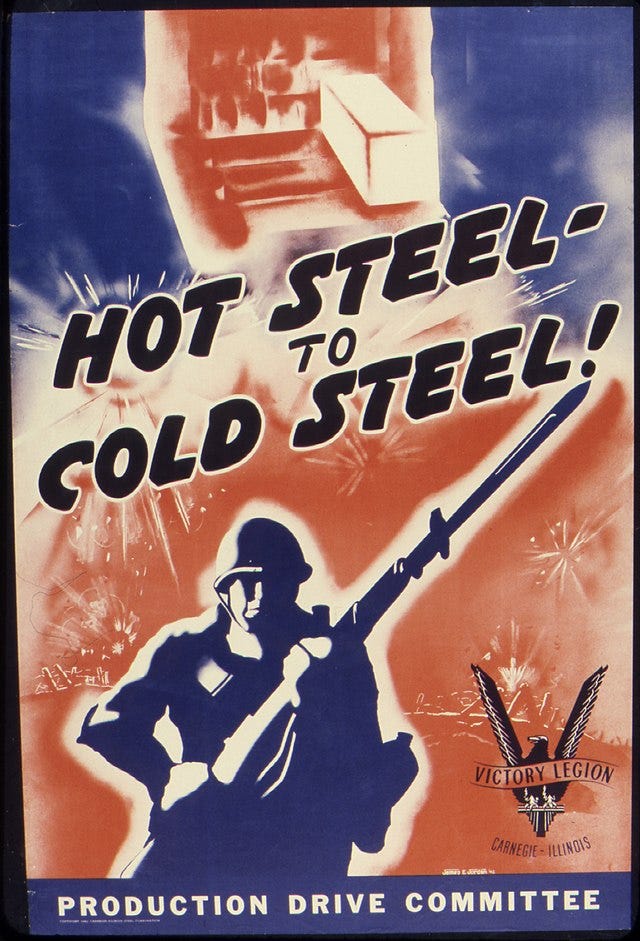
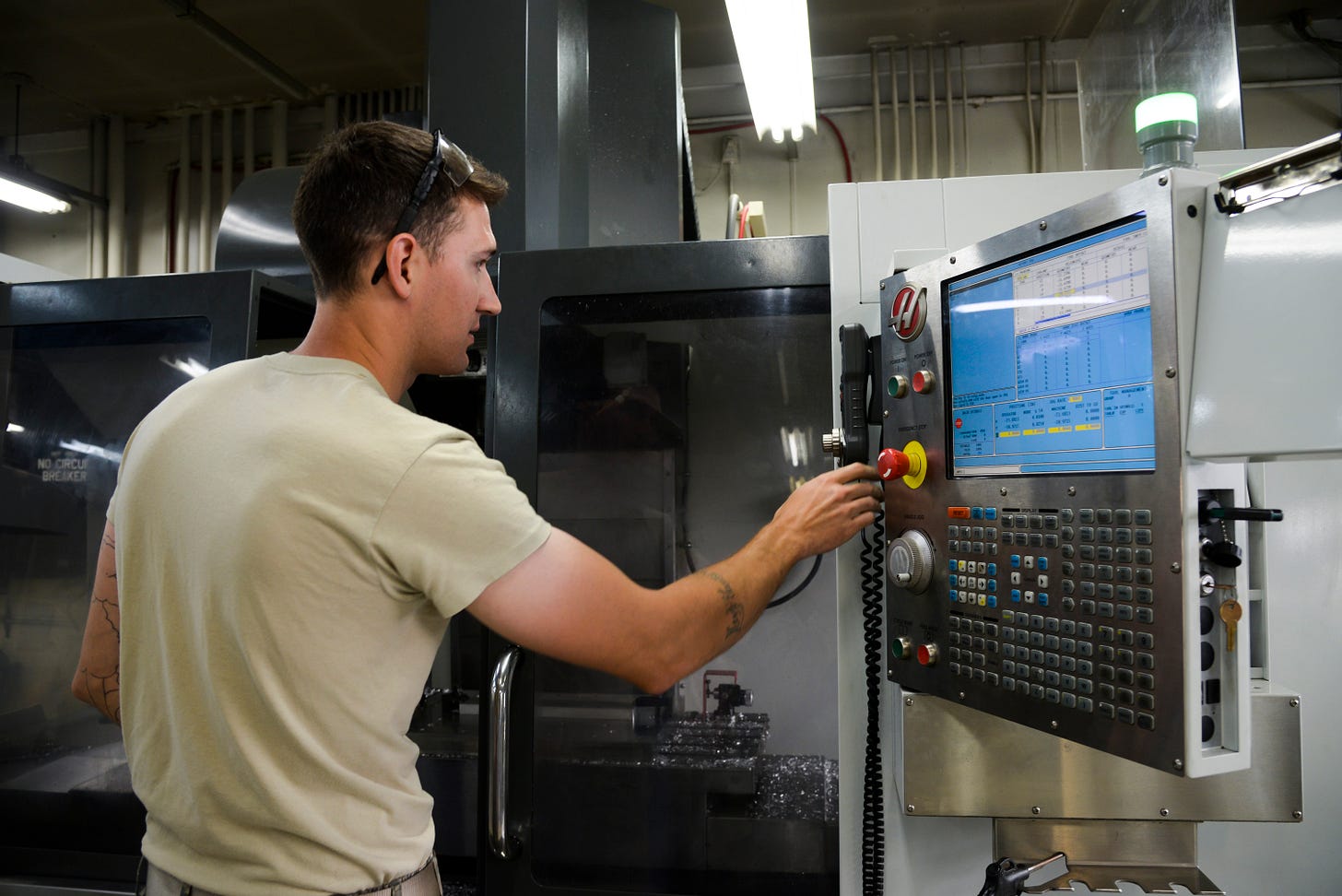

Trump's tariffs are a disaster for most Americans and most other people too.
They're great for neo-reactionary tech billionaires and authoritarian rulers.
https://deanblundell.substack.com/p/is-trump-deliberately-tanking-the
https://www.narativ.org/p/trump-tariffs-are-full-of-fake-facts
https://phillipspobrien.substack.com/p/how-to-make-us-rivals-stronger-101
https://www.mind-war.com/p/we-are-flight-93
Rare earths are called "rare" because they were hard to find in the early 1800s. Geologically, they are found in many countries around the world.
China is the dominant producer of rare earths because it has the two main resources needed to process the raw minerals: weak environmental laws and easily bribed officials.
https://en.wikipedia.org/wiki/Rare-earth_element#Geological_distribution